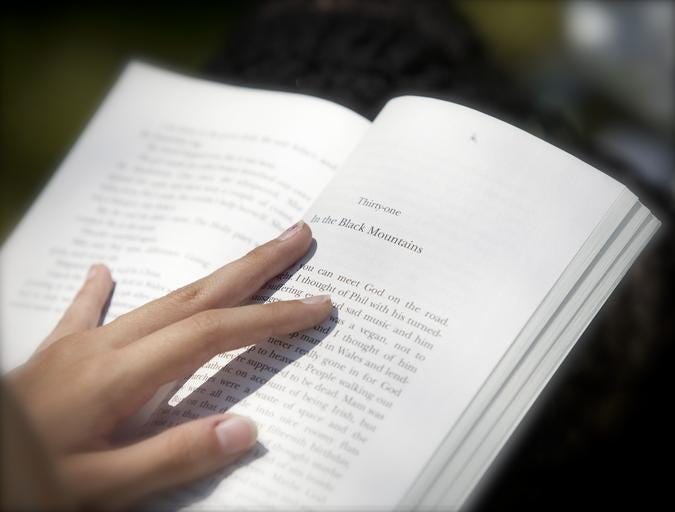The most common arguments against classical education - and why they are wrong.
Let's refute the most common arguments against classic education and the classics.
Kids don’t understand the language and syntax because it’s outdated and no one talks like that anymore - The answer to this is not to dumb down kids but to raise standards and expectations. If kids were able to understand these books some generations ago with fewer resources than modern kids today, so can modern children given the right context and educational environment.
Kids don’t read anymore, they have too much screen time and too many distractions to even want to read - This is true and needs to be addressed, it’s not just kids, parents as well are reading fewer books than ever. For students, reading for pleasure is correlated to higher academic achievement in science, history, English, and even math. Parents have to develop a family culture of reading books instead of small bite sized pieces online.
Kids don’t want to read about situations/topics that are outdated and have no relevance to their lives. A bit self-centered, no? Why should kids be incentivized to only care about issues/topics that matter to them instead of cultivating some reverence and empathy for cultures/people that came before? There’s plenty of moral and ethical lessons to be learned from the classics that can be applied to modern times.
The western canon was written by “dead white guys”. The merits of a work of literature are in its plot, characters, vocabulary, syntax, etc. There’s great female writers that are included in the western cannon, like Jane Austen and the Bronte sisters. Great literature should not be identitarian, otherwise writing under a false identify to gain praise or protection from mobs, will become the norm. Just recently, this happened in Spain.
Lastly, studying and reading the great classic books does not exclude reading contemporary books. There is room for both. However, denying the importance and relevance of the great classics, does create a generation that is largely uncultivated and does not grasp its position in the historical and cultural continuum of humanity.




In the Odyssey, Telemachus, the son of Odysseus, leaves home as part of his right of passage from boyhood to manhood, finding some help along the way, and as a way to reunite with the father who serves as the essential mentor. In the Three Little Pigs, the piglets leave home and stake a claim in the world, some with greater maturity than others. How about Jack in the Bean Stalk, Little Red Riding Hood, or Dorothy in the Wizard of Oz? These fairy stories share a rich and essential literary tradition with Homer's epic poem, the hero's journey and the essential belief that all journey stories are journeys of self-discovery. Something that makes a lot more sense when one understands the Odyssey.
When J.K. Rowling wrote the Harry Potter series, we saw two orphaned boys who served as foils of one another. The first would become Voldemort, a symbol of evil whose snake like characteristics are reminiscent of the biblical, archetypal images of evil. The second is Harry Potter who must die, only to be reborn, to ensure that humankind is free of evil, at least for a short time. Messianic figure anyone?
These are not coincidences. There is a rich literary tradition that must be imparted; it is essential to understand the concepts of literature in the past that serve as the plots, themes, archetypes, and symbols of contemporary literature. Literature doesn't happen in a vacuum nor does thinking.
Classical literature serves an essential purpose. It really requires those who know how to teach it.
Some topics never get outdated, they're just not appreciated. The problem today is forgetting the legacy that should have been treasured from the past.